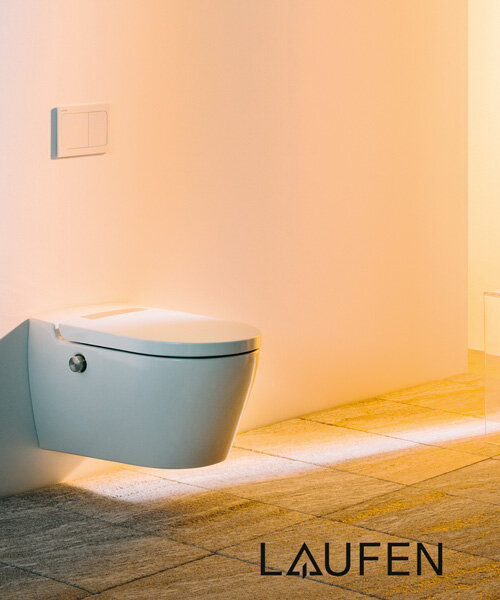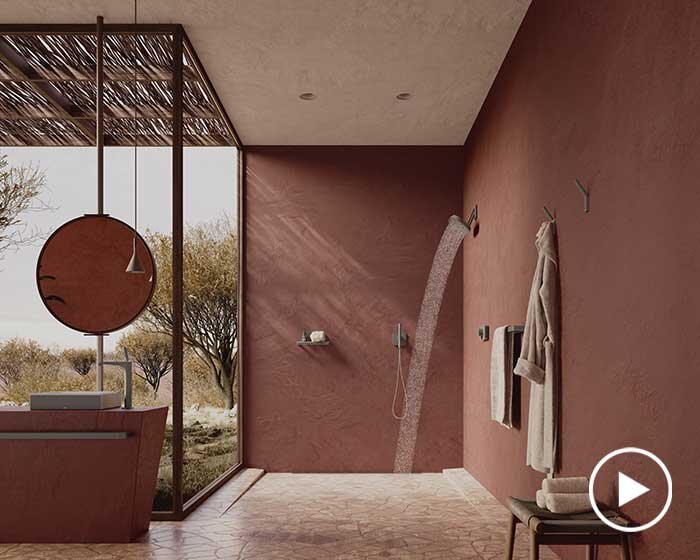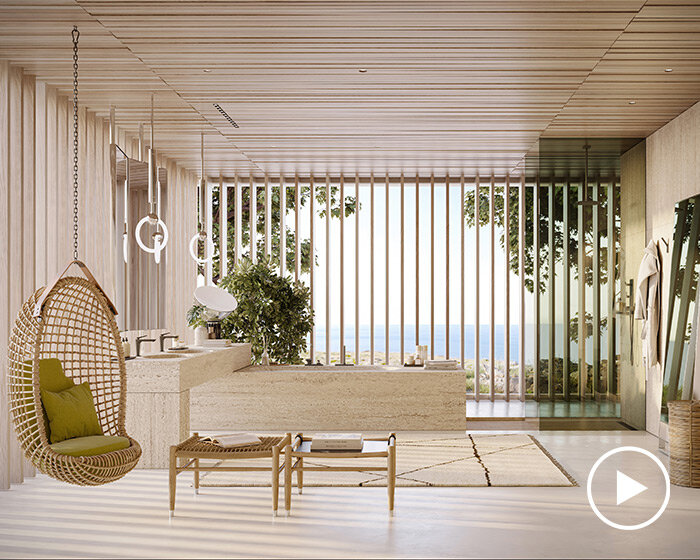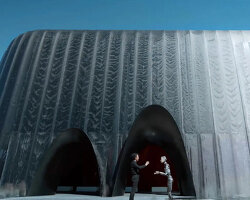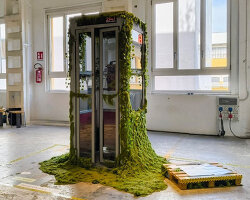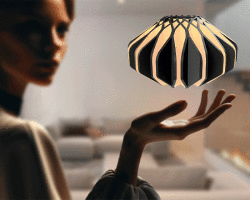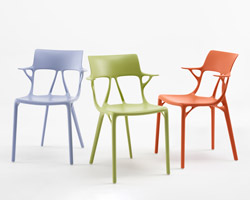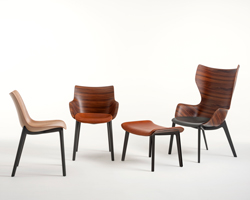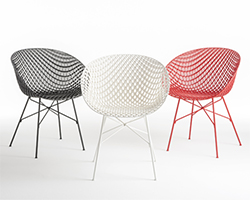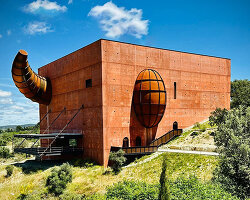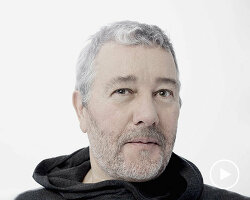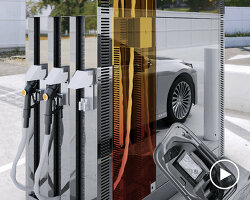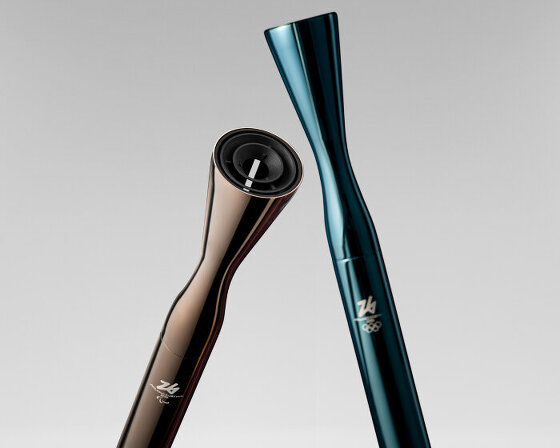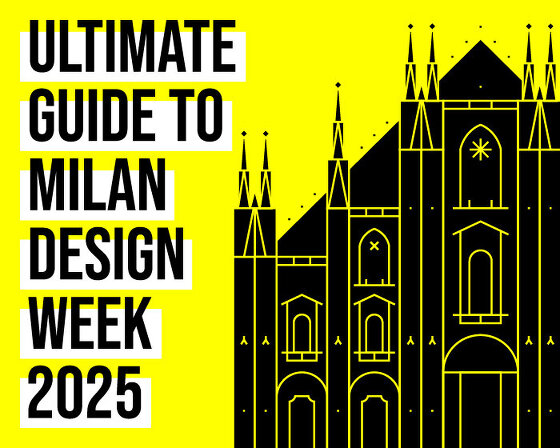in the quest for dematerialization, renowned french designer philippe starck teamed up with kartell and autodesk to create a chair designed completely by artificial intelligence. presented last year during milan design week 2019 and dubbed A.I., the seating object was born from a single question posed by starck to a machine: artificial intelligence, do you know how we can rest our bodies using the least amount of material?
a year later, the A.I. chair is now available in kartell stores worldwide while philippe starck reflects on our relationship with machines, dematerialization, bionism, and of course, on this chair.
‘design has no future, because matter has no future. we enter now the era of dematerialization and bionism, that is to say the alliance of the body with integrated high technology. in the upcoming years, all the useless things around us will disappear, they will directly integrate our environment and our body,’ says philippe starck.

image by philippe starck
‘can machines do what we can do?,’ starck continues. ‘today we have access to this totally autonomous machine-friend, which can open up an infinite space of creativity for us. three years ago I went to autodesk because I wanted to produce a new chair, without creatively influencing the design. I asked: ‘please develop a form with the minimum amount of matter and energy.’ so over the three years the machine rowed, unlocked and designed a perfect chair, better than anything I could have done.’
generative design is a design exploration technology that allows designers and engineers to input their design goals, along with parameters such as materials, manufacturing methods, and cost constraints. the software then explores all the possible permutations of a solution, quickly generating design alternatives. it tests and learns from each iteration what works and what doesn’t.
‘in getting to know each other, starck was teaching the system about design intent while the A.I. was trying to learn as much as possible, in order to be as helpful as possible. as the relationship between the two matured, the system became a much stronger collaborative partner, and began to anticipate starck’s preferences and the way he likes to work.’ says mark davis, senior director of design futures at autodesk.
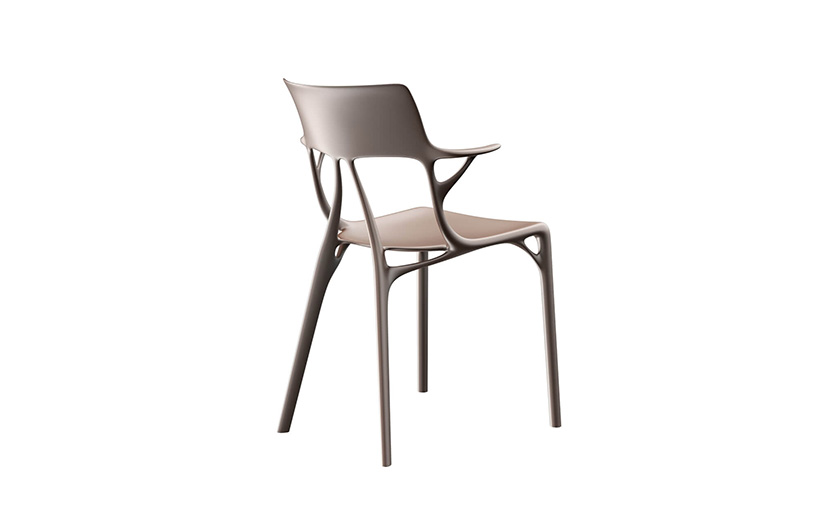
the software prototype used by starck includes capabilities that are still being incubated by the autodesk research team, such as cutting-edge A.I.-assisted design techniques. this project was also the first time that injection molding was designated as a manufacturing constraint in autodesk generative design technology.
all together, A.I. project and collaboration between starck, kartell and autodesk is at the pinnacle of the industrial design world, resulting in one of the most creative outcomes ever achieved with generative design. also for the first time, kartell is using a 100% recycled material in the production of the A.I. chair. adopting a virtuous process that respects and protects the environment by reusing clean industrial scraps and transforming them to create raw material in order to guarantee the aesthetic quality and structural requirements of the product and reduce the emissions necessary for its production.
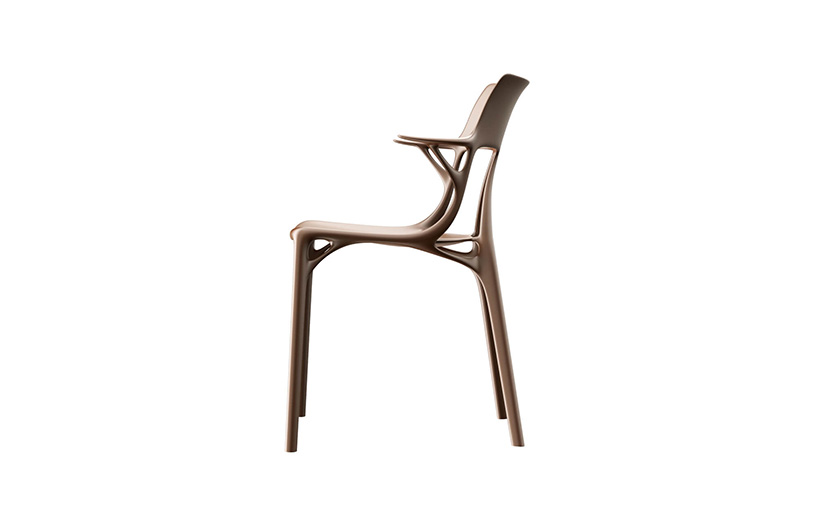
‘recycling is often an illusion, it was the last lubricant allowing manufacturers to continue to produce and sell, under the pretext that it is recyclable. this is not true, very little is recycled, and recycling mainly results in poor quality products. for decades I have searched for plastics made from natural materials. plastic made from corn starch, in theory healthier… but I refuse to create with food. many new types of plastics made of algae, fungi and especially bacteria are available to us now, but only a few are of good quality, and especially only very few participate in the virtuous circle. I still think the approach to substitute polluting vergine material with local natural material could be brilliant,’ says philippe starck to designboom.
project info:
project name: A.I
design: philippe starck for kartell
